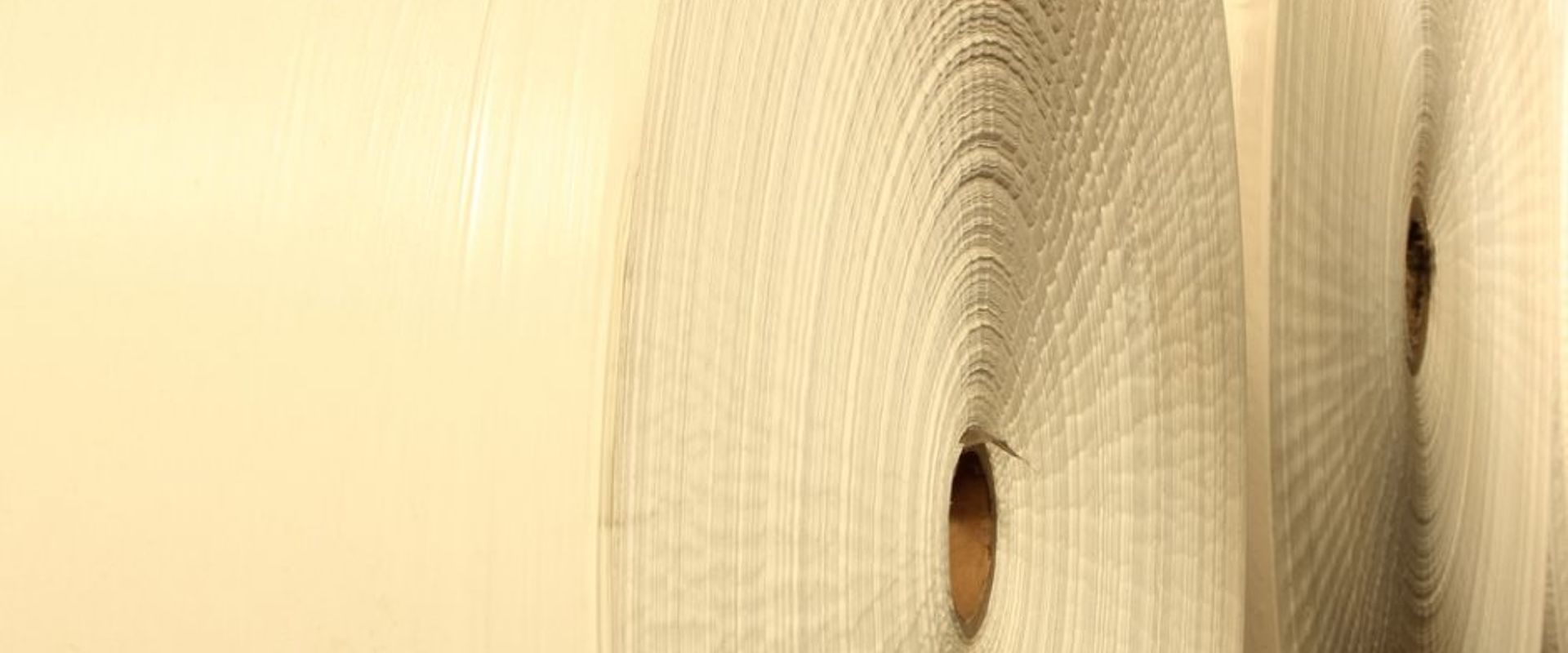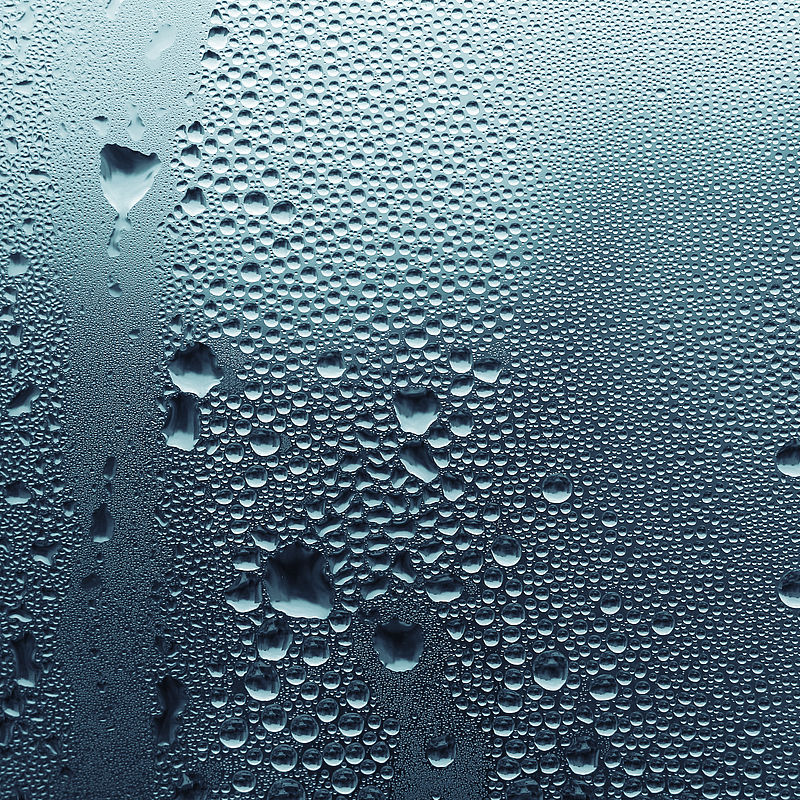
Accuracy for moisture measurements
Challenge
Measuring the moisture of many different products, such as pulp, board and paper, is vital for manufacturing a quality product. Moisture content in paper effects ink uptake during printing, whilst in the production process drying consumes large amounts of energy. Paper industry products are commonly sold by weight, and therefore, their water content can lead to trade disagreements. Getting the moisture content right in this valuable Finnish export relies on reliable measurements to ensure consistent product quality.
Online sensors are used to measure moisture levels during the paper drying process. Calibrating their performance relies on comparing individual sensor results to laboratory measurements often made using the ‘Loss on Drying Method’. This is a wellestablished method defined by international standards, where a sample is weighed, and then heated until there is no further weight loss. The difference between sample weights is assumed to reflect the evaporated water content.
However, this standardised method lacks traceability due to uncertainty around how well moisture is extracted by the evaporation process. Industry needs robust links to SI units for both the loss on drying method and for the online measurement sensors calibrated using it.
Solution
The EMRP project, Metrology for Moisture in Materials, developed and validated four highly accurate laboratory methods for determining moisture based on existing techniques available at National Measurement Institute laboratories – top level calibration facilities. One method uses chemical analysis (titration) and three others are based on mass and humidity measurements to determine water removal from a sample by heating. Reference materials suitable for use in diverse industries where characterised using the project measurement methods to help transfer SI links to laboratories performing routine industrial measurements using the standard loss on drying method. This is a key step in spreading measurement accuracy to industrial users.
Impact
JMK Instruments Oy, provides the Finnish paper industry with moisture measurement calibrations and, as a result of participation in a laboratory comparison exercise organised by project team member VTT, the Finnish NMI, were able to link their loss on drying method to SI units. Building on project knowledge of how to select and transport moisture samples and using VTT’s improved measurement accuracy, JMK Instruments identified improvements to its sampling methods and analysis routines. As a result, JMK Instruments has achieved very reliable results and has been able to become a member of the Finnish accreditation scheme for performing moisture measurements on pulp, paper and board. Their customers will now be able to receive certificates for sensor calibrations that have international status, robust links to SI units and carrying the Finnish accreditation scheme logo.
Increasing the type of calibrations covered by accreditation schemes and introducing improved measurement traceability to SI units is important for ensuring product quality and helping to avoid costly trade disputes.
- Category
- EMRP,
- SI Broader Scope / Integrated European Metrology,
